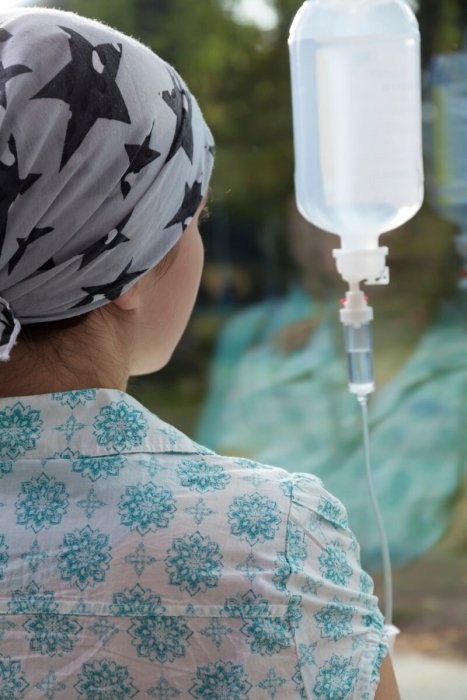Your days are numbered, glioblastoma.
At least that’s what a team of researchers from Yale hope happens as a results of their latest research. The team said they’ve identified specific genes and mutations that contribute to the growth and development of the aggressive — and deadly — form of brain cancer that Sen. John McCain is currently battling.
The report, published Aug. 14 in the journal Nature Neuroscience, explains how the researchers created new technology to evaluate 1,500 genetic combinations in live mice to pinpoint which drive development of glioblastoma tumors. From those combinations, the researchers were able to isolate multiple combinations that could cause the cancer, along with two mutations that they believe create chemotherapy-resistant tumors.
Isolating these mutations can hopefully lead to new treatments for the cancer that’s known to kill most patients within two years.
“The human cancer genome is now mapped and thousands of new mutations were associated with cancer, but it has been difficult to prove which ones or their combinations actually cause cancer,” said study co-author Sidi Chen, assistant professor of genetics and at Yale’s Systems Institute.
Why is glioblastoma so deadly?
There are more than 223 individual genes linked to glioblastoma, making it extremely difficult to both understand and treat, according to the study. Surgery to remove the tumors is typically the treatment of choice, according to the American Brain Tumor Association, but it’s almost impossible to get all of the tumors because they form “finger-like tentacles” that branch out into various parts of the brain.
The next step in the fight against glioblastoma
While direct treatments are still a long way off, Chen said she hopes that this information can help “determine which existing drugs are most likely to have therapeutic value for individual patients, a step towards personalized cancer therapy.”



















